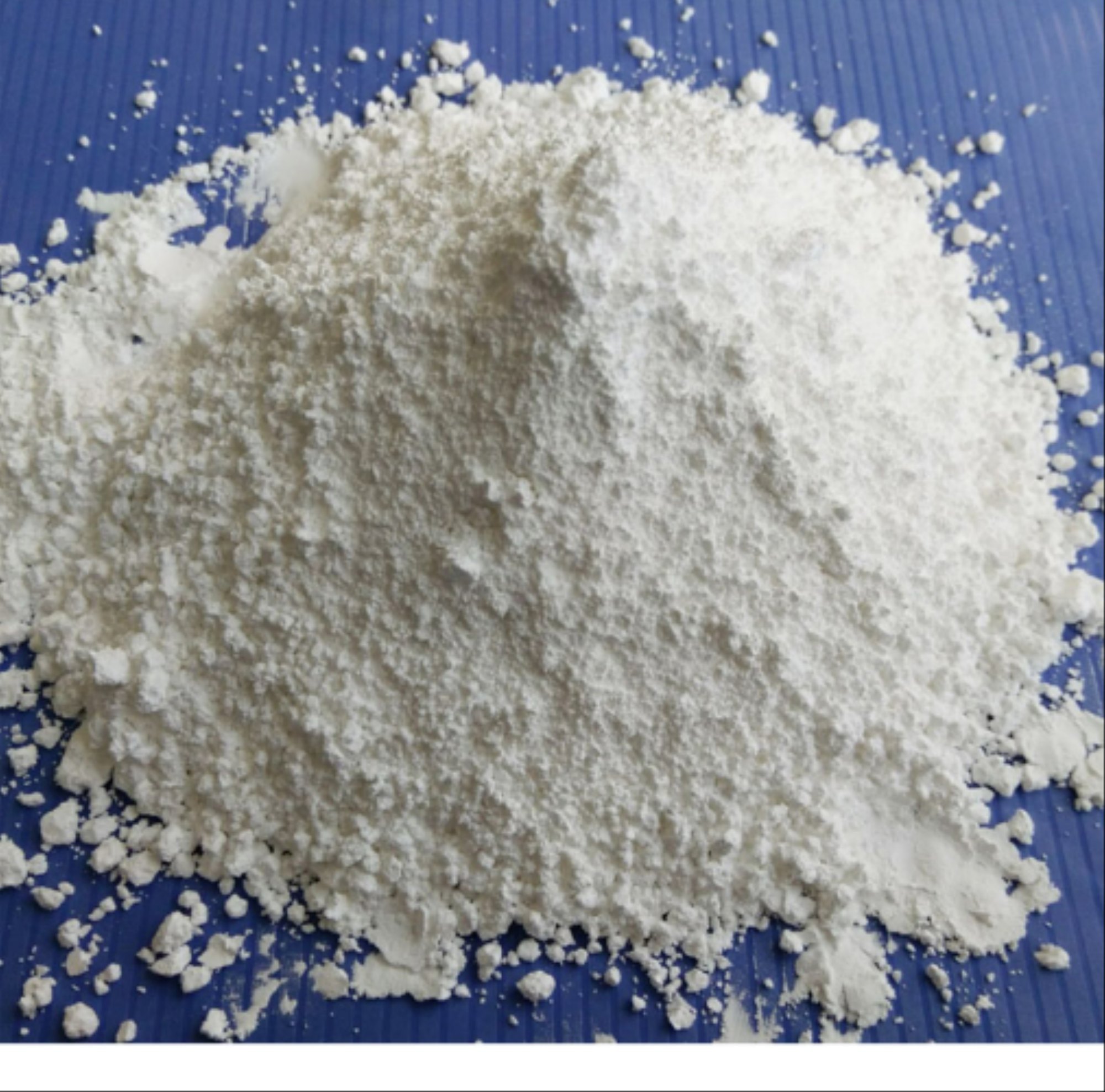Calcium carbonate plays a crucial role in various industrial processes, including air pollution control. Factories and manufacturing plants often use this versatile compound to manage emissions and ensure a cleaner environment. Here’s how calcium carbonate helps in reducing industrial pollution and improving air quality.
Understanding Calcium Carbonate
Calcium carbonate is a naturally occurring compound found in rocks, shells, and minerals. In its powder form, it is widely used in different industries for its ability to neutralize acidic substances. Activated calcium carbonate, a specially processed version, offers enhanced reactivity and effectiveness in various applications.
Role in Air Pollution Control
One of the significant uses of calcium carbonate powder is in controlling air pollution. Factories emit various pollutants, including sulfur dioxide (SO2) and nitrogen oxides (NOx), which contribute to acid rain and air quality degradation. Calcium carbonate reacts with these acidic gases, neutralizing them and preventing their release into the atmosphere.
How Calcium Carbonate Works
When used in air pollution control systems, calcium carbonate powder interacts with acidic gases through a chemical reaction. For example, in flue gas desulfurization (FGD) systems, calcium carbonate reacts with sulfur dioxide to form calcium sulfite, which is then further oxidized to produce calcium sulfate, a stable byproduct that is less harmful to the environment.
Activated calcium carbonate enhances this process by providing a higher surface area and greater reactivity, leading to more efficient gas absorption and neutralization. This makes it an essential component in modern air pollution control technologies.
Advantages for Factories
Using calcium carbonate for air pollution control offers several advantages for factories:
- Cost-Effective: Calcium carbonate is relatively inexpensive compared to other materials used for pollution control. Its widespread availability and low cost make it an economical choice for industrial applications.
- Environmental Benefits: By reducing harmful emissions, calcium carbonate helps factories comply with environmental regulations and contributes to cleaner air. This not only benefits the environment but also helps in improving the health of nearby communities.
- Improved Efficiency: Activated calcium carbonate’s enhanced reactivity ensures more efficient removal of acidic gases. This leads to better performance of air pollution control systems and helps factories maintain operational efficiency.
Applications Beyond Air Quality
In addition to its role in air pollution control, calcium carbonate has other industrial applications. It is used in the production of cement, glass, and paper, and as a filler in various products. Its versatility and effectiveness make it a valuable compound in many sectors.
Conclusion
Calcium carbonate, especially in its powdered and activated forms, plays a vital role in helping factories manage air pollution. By neutralizing acidic gases and improving air quality, it contributes to a cleaner environment and supports the health and well-being of communities. Its cost-effectiveness and environmental benefits make it an essential component in modern industrial practices.

